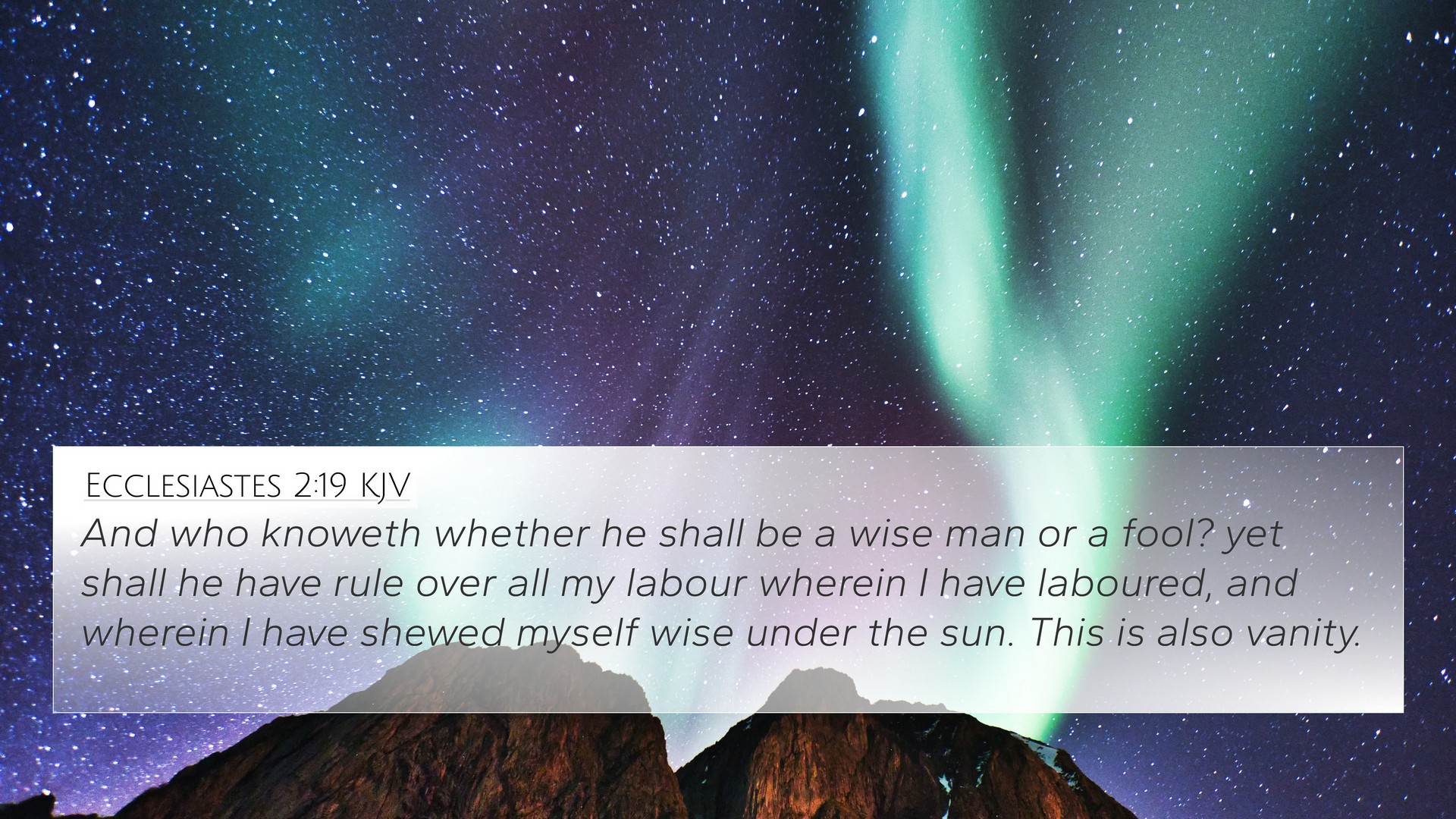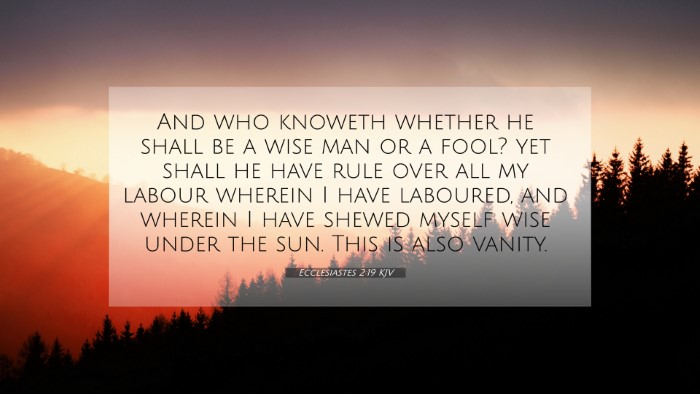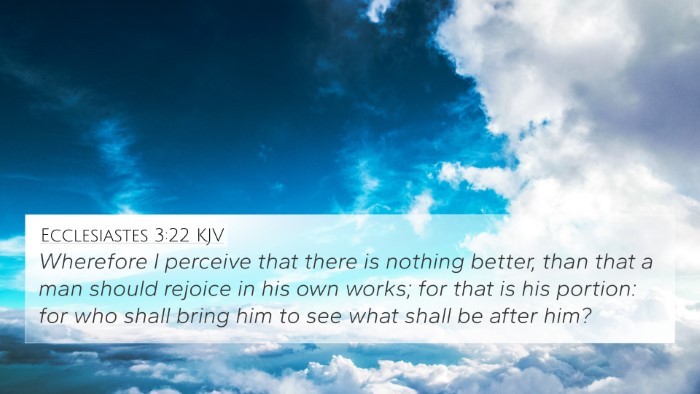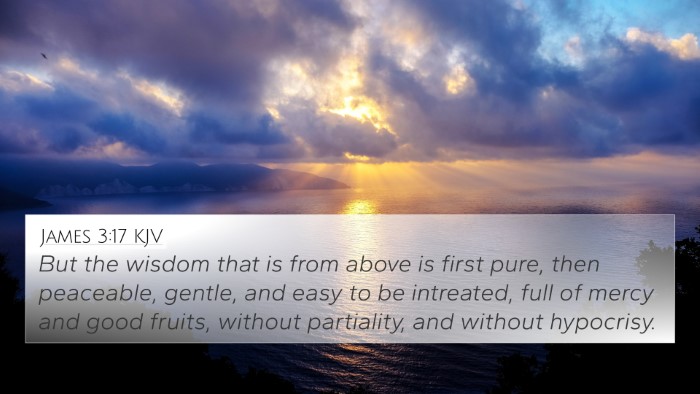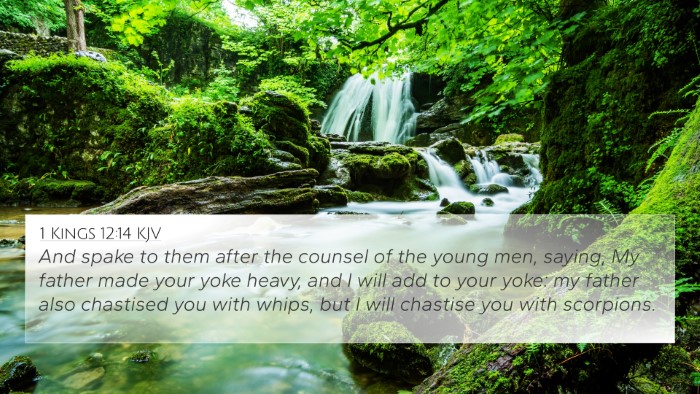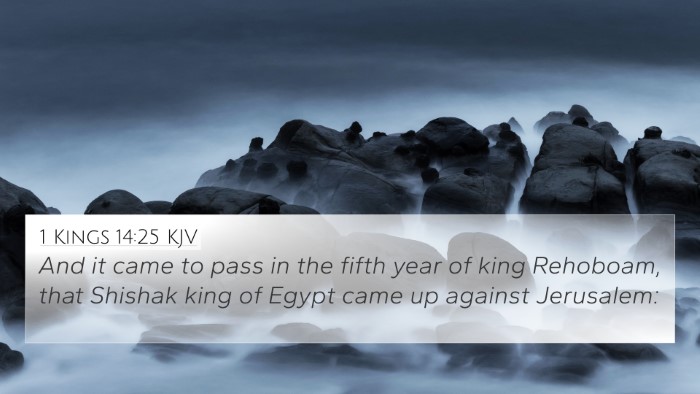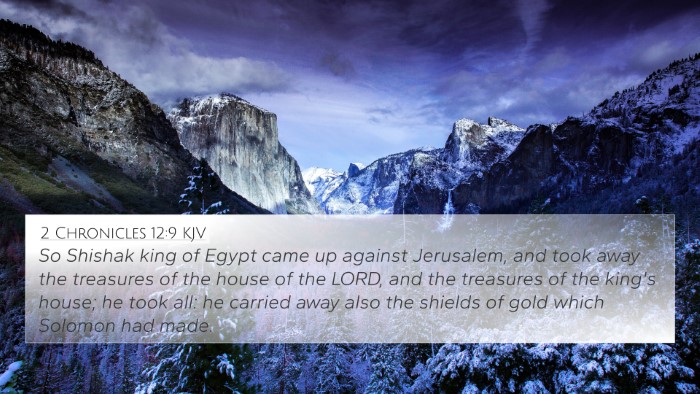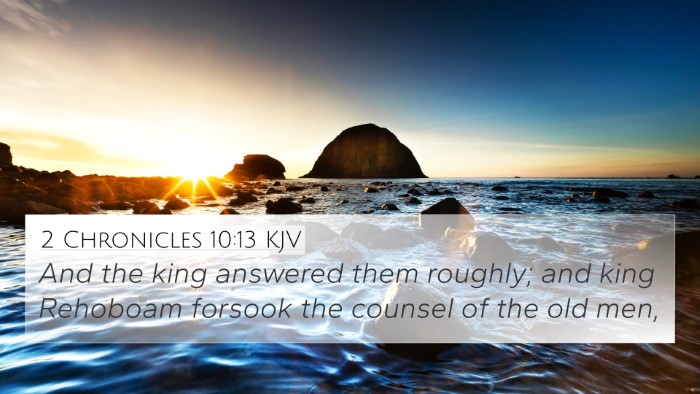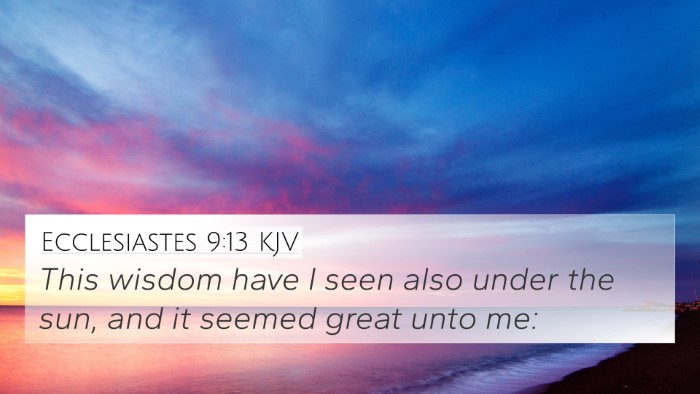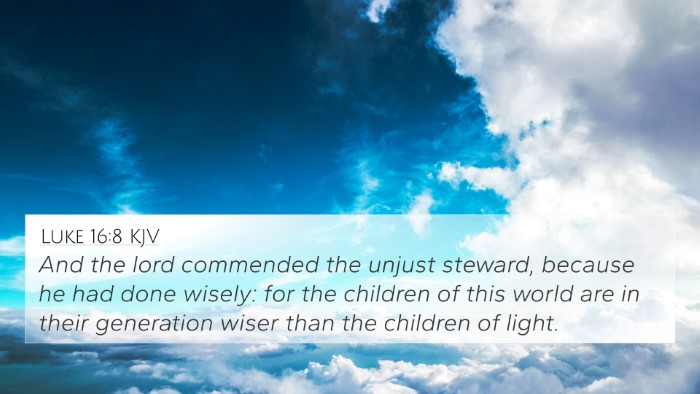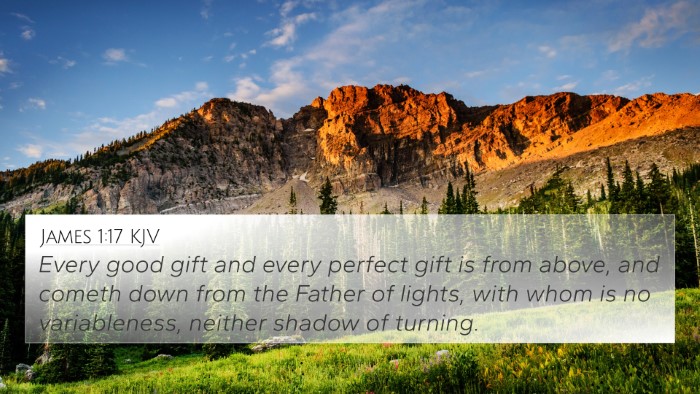Understanding Ecclesiastes 2:19
Ecclesiastes 2:19 states, "And who knows whether he will be a wise man or a fool? Yet he will have control over all the labor in which I have toiled, and in which I have shown myself wise under the sun. This also is vanity."
This verse encompasses profound themes of wisdom, vanity, and the uncertainties of life. The preoccupation with how one's efforts will be utilized by others, particularly those who may not appreciate wisdom, reflects a key observation in the book of Ecclesiastes regarding the fleeting nature of human endeavor.
Commentary Insights
Matthew Henry's Commentary
Matthew Henry emphasizes the futility of human labor when it is uncertain who will inherit our works. He explains that the wise man and the fool may alternate in roles, suggesting that the future is unpredictable. He points out that our toil might be enjoyed by someone who is foolish, and this realization leads to a sense of vanity—an acknowledgment of the unpredictable and often unjust patterns of life.
Albert Barnes' Notes
Albert Barnes notes on the perplexity of the situation: despite one's hard work and attainment of wisdom, the result may end up being in the hands of a foolish successor, thus questioning the value of wisdom itself. He sees it as a warning of the precariousness of wealth and legacy, highlighting that a wise man's effort is not guaranteed to produce enduring benefit if that benefit is wasted on a fool.
Adam Clarke's Commentary
Adam Clarke discusses the implications of being wise under the sun, where earthly wisdom is compared to the folly of others who may inherit it without understanding its value. He implies this reflects a certain existential bitterness regarding the outcomes of one's labor and reinforces the theme of vanity prevalent throughout the book of Ecclesiastes.
Thematic Connections
These insights converge on the themes of vanity in life, the effects of human labor, and the randomness of fate. The author of Ecclesiastes, traditionally attributed to Solomon, frequently ponders the meaning and purpose behind wisdom and labor.
Cross-References for Ecclesiastes 2:19
- Proverbs 10:7: "The memory of the just is blessed: but the name of the wicked shall rot." - highlights how legacies can differ greatly between the wise and the foolish.
- Ecclesiastes 1:14: "I have seen all the works that are done under the sun; and, behold, all is vanity and vexation of spirit." - connects to the overarching theme of vanity.
- Ecclesiastes 2:24: "There is nothing better for a man than that he should eat and drink, and that he should make his soul enjoy good in his labor." - exploring the joy found in labor.
- Matthew 25:29: "For to everyone who has, more will be given, and he will have an abundance; but from the one who has not, even what he has will be taken away." - addressing the idea of stewardship over one's resources.
- 1 Timothy 6:7: "For we brought nothing into the world, and we cannot take anything out of the world." - resonating the theme that material possessions ultimately achieve little.
- Luke 12:20: "But God said to him, ‘Fool! This night your soul is required of you, and the things you have prepared, whose will they be?’” - reflecting the uncertainty of the future that accompanies labor.
- Proverbs 21:30: "There is no wisdom, no insight, no plan that can succeed against the Lord." - contextualizing human efforts against divine providence.
Conclusion
Ecclesiastes 2:19 serves as a reflective commentary on life's uncertainties concerning the fruits of labor and the attributes of wisdom and folly. The multiple cross-references highlight the interconnectedness of themes across various books of the Bible, emphasizing that the lessons learned from one verse can illuminate the meanings in another. Engaging with these connections can deepen our understanding and enrich our spiritual journey, reminding us to consider not just our legacies but how they are managed by succeeding generations.
Exploring Further
For those seeking tools for deeper exploration, utilizing a Bible concordance or a Bible cross-reference guide can provide valuable insights into these and other related scriptures. By employing cross-referencing Bible study methods, individuals can uncover thematic connections and establish a broader understanding of Biblical texts. This approach enables the faithful to create a comprehensive picture of scriptural dialogue, fostering a richer engagement with the Word of God.
